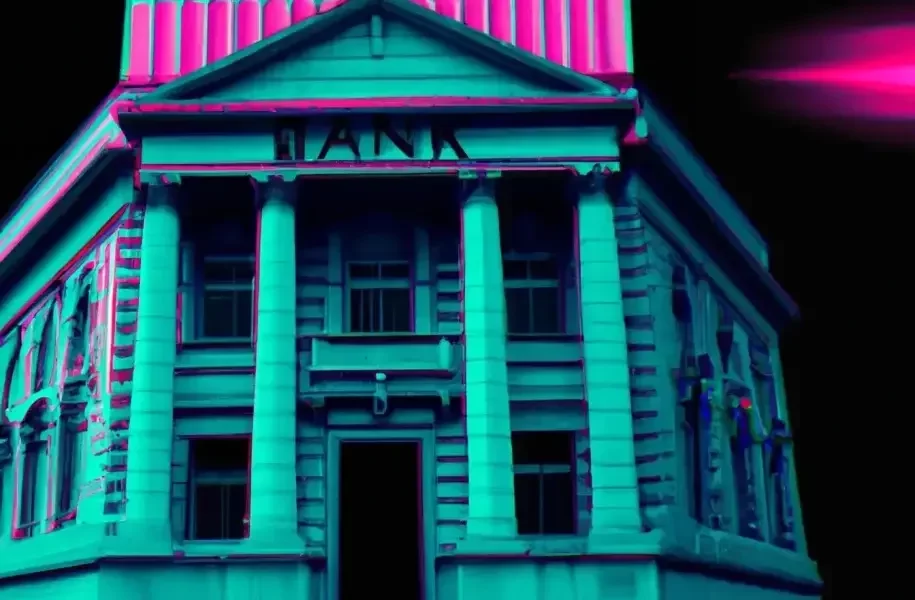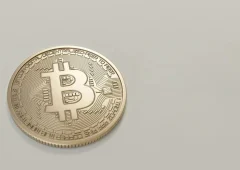Top German Bank Enters Crypto Market with Trading and Custody Services for Institutions
25.02.2025 9:00 2 min. read Alexander Stefanov
A major player in Germany’s financial sector, DekaBank, has taken a significant step into the crypto industry by launching trading and custody services for institutional investors.
Managing nearly $400 billion in assets, the Frankfurt-based institution is signaling a growing acceptance of digital assets in traditional finance.
DekaBank’s move comes after two years of preparation, during which it secured regulatory approval from Germany’s BaFin. The bank’s crypto custody license allows it to offer secure asset storage under the German Bank Act, ensuring compliance with strict financial regulations. Its services will primarily cater to institutional clients, including Germany’s largest financial group, Sparkassen-Finanzgruppe.
According to a bank representative, DekaBank has built a strong infrastructure capable of supporting institutional engagement in digital assets, offering both security and regulatory compliance.
The bank’s expansion into crypto aligns with a broader trend of financial institutions embracing digital currencies. As Bitcoin, Ethereum, and other assets gain legitimacy among investors, traditional firms are increasingly integrating crypto into their offerings.
Regulatory shifts in the U.S. and Europe are also influencing this shift, with policymakers gradually creating clearer frameworks for institutional crypto involvement. Meanwhile, other industry players are making similar moves—Binance US recently reintroduced USD deposit and withdrawal options, further bridging the gap between crypto and conventional banking.
DekaBank’s foray into digital assets is a testament to the evolving financial landscape, where institutional interest in cryptocurrencies is no longer a niche development but a growing part of mainstream finance.
-
1
Telegram Launches TON Wallet for U.S. Users, Unlocking in-app Crypto Features
22.07.2025 17:30 2 min. read -
2
Polymarket Eyes Launching Stablecoin to Capture Reserve Profits
23.07.2025 10:30 2 min. read -
3
Western Union Explores Stablecoin Integration After GENIUS Act Approval
22.07.2025 10:00 2 min. read -
4
JPMorgan Eyes Crypto-backed Loans Amid Favorable U.S. Policy Shift
22.07.2025 9:35 2 min. read -
5
Coinbase Brings Perpetual Futures to U.S. Traders Under CFTC Regulation
22.07.2025 13:33 2 min. read
FIS Partners With Circle to Bring USDC Payments to U.S. Banks
Global fintech firm FIS (NYSE: FIS) has entered into a new strategic partnership with a subsidiary of Circle Internet Group, Inc. (NYSE: CRCL) to bring USDC payment capabilities to U.S. financial institutions.
PayPal Unveils Crypto Payment Service to Cut Cross-Border Fees by 90%
PayPal has launched a new service, Pay with Crypto, aimed at reducing the high costs and complexity of cross-border payments for merchants.
Goldman Sachs and BNY Launch Tokenized Money Market Funds for Institutions
Goldman Sachs and BNY are set to unveil a groundbreaking blockchain initiative that will allow institutional investors to purchase tokenized shares of money market funds, according to CNBC.
Polymarket Eyes Launching Stablecoin to Capture Reserve Profits
Polymarket, the fast-growing crypto prediction market, is exploring the launch of its own stablecoin to capitalize on the yield generated from reserves backing USDC deposits.
-
1
Telegram Launches TON Wallet for U.S. Users, Unlocking in-app Crypto Features
22.07.2025 17:30 2 min. read -
2
Polymarket Eyes Launching Stablecoin to Capture Reserve Profits
23.07.2025 10:30 2 min. read -
3
Western Union Explores Stablecoin Integration After GENIUS Act Approval
22.07.2025 10:00 2 min. read -
4
JPMorgan Eyes Crypto-backed Loans Amid Favorable U.S. Policy Shift
22.07.2025 9:35 2 min. read -
5
Coinbase Brings Perpetual Futures to U.S. Traders Under CFTC Regulation
22.07.2025 13:33 2 min. read


